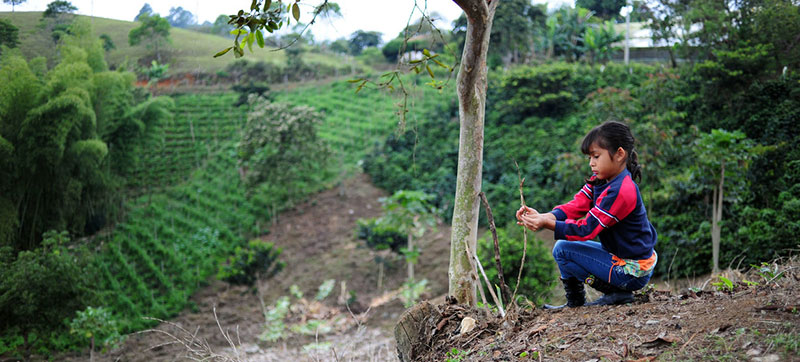 WHO
WHO
Many countries ‘unsupported and unprepared’ to address climate health risks: WHO
New York: Although governments are prioritizing public health measures to protect their people from climate impacts, many lack the funds to take effective action, the World Health Organization (WHO) said in a report issued on Monday.
The 2021 WHO health and climate change global survey report, which covers 95 countries, found only around a quarter have been able to fully implement national health and climate change plans or strategies.
Other major barriers to progress include the fallout from the COVID-19 pandemic, as well as insufficient human resources.
Biggest threat to health
The report was launched at the COP26 UN climate change conference in Glasgow, Scotland, which aims to limit global temperature rise to 1.5 degrees Celsius in line with the Paris Agreement.
Dr. Maria Neira, WHO Director of Environment, Climate Change and Health, said the survey highlights how many countries are left “unsupported and unprepared” to deal with the health impacts of climate change.
“We are here at COP26 to urge the world to better support countries in need, and to ensure that together we do a better job of protecting people from the biggest threat to human health we face today,” she said.
A clear case
The report was first published in 2019 and this second edition provides a valuable snapshot of the overall progress governments have made in addressing the health risks of climate change.
For Dr. Neira, the “health arguments” for increased climate action are very clear, as it is the most disadvantaged groups in society who are at greatest risk, such as ethnic minorities, poor communities, displaced people, older persons, and women and children.
“For example, almost 80 per cent of deaths caused by air pollution could be avoided if current air pollution levels were reduced to the WHO Air Quality guidelines,” she said.
Challenges to progress
Insufficient finance remains the top challenge facing countries, according to the report. Some 70 per cent have cited it as a stumbling block, up from 56 per cent two years ago.
Human resource constraints came in second, with about one third of countries identifying “lack of intersectoral collaboration” as a key barrier.
At the same time, COVID-19 has slowed progress towards addressing climate change, because health personnel and resources had to be diverted to pandemic response. WHO said the crisis continues to threaten efforts to plan and prepare for climate-related impacts to health.
Remove the barriers
The report also pointed to positive developments, as over three-quarters of countries surveyed have devised, or are devising, national health and climate change plans or strategies.
“The challenge now is to remove the barriers that are preventing countries from finalizing and implementing plans,” said Tara Neville, Technical Officer at the WHO Department of Environment, Climate Change and Health and lead author of the survey report.
Around 85 per cent of countries now have a designated focal point responsible for health and climate change, located in their health ministries. Additionally, health ministries in 54 per cent have established related task forces, committees, or other “stakeholder mechanisms”.
Meanwhile, about two-thirds of countries have conducted a climate change and health vulnerability and adaptation assessment, or have one underway, while virtually all, 94 per cent, have incorporated health considerations into their climate ambition plans, known as NDCs, under the Paris Agreement.
However, the report also drew attention to what WHO has labelled “a potential missed opportunity” to optimize the health benefits of adaptation and mitigation efforts in other sectors.
These could have fed into a positive post-pandemic recovery, the UN agency said, as issues that determine health - such as education, equity, gender, urban planning and even transportation systems - were represented in fewer than half of the established multi-sectoral tools at governments’ disposal.
Support Our Journalism
We cannot do without you.. your contribution supports unbiased journalism
IBNS is not driven by any ism- not wokeism, not racism, not skewed secularism, not hyper right-wing or left liberal ideals, nor by any hardline religious beliefs or hyper nationalism. We want to serve you good old objective news, as they are. We do not judge or preach. We let people decide for themselves. We only try to present factual and well-sourced news.







